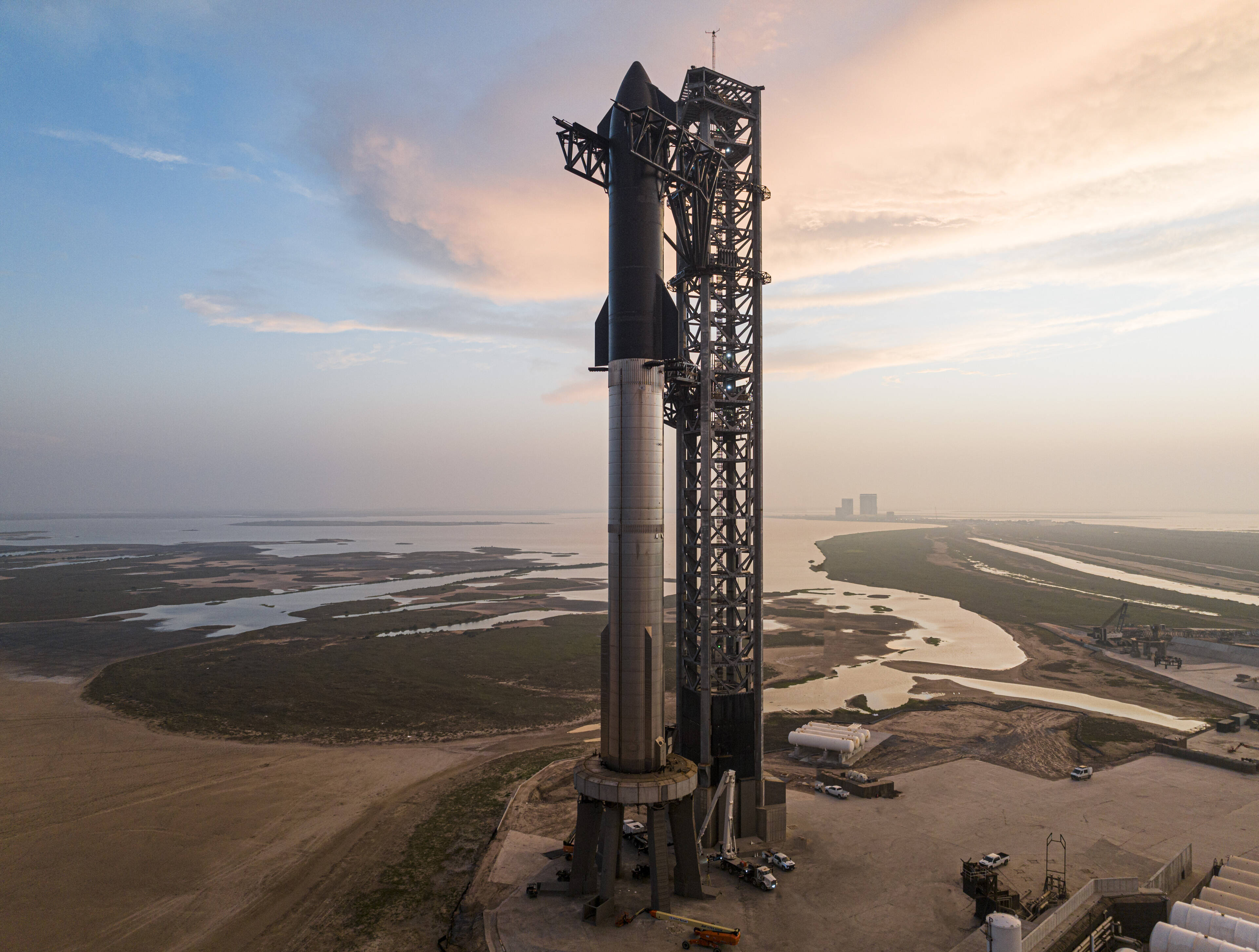Summary
- Elon Musk claims the fiery end of Starship’s 2nd flight was due to venting liquid oxygen without a payload.
- He suggests a payload would have consumed the oxygen, preventing the fire and explosion.
- The writer questions the “venting causing fire” logic and highlights SpaceX’s iterative learning approach.
- Despite the explosion, SpaceX considers the launch a success due to technical achievements.
- Next launch planned soon, aiming for orbit and other ambitious goals.
- NASA’s Artemis program delays offer SpaceX potentially helpful extra time.
Yes, we all know that strategy.
-
Set some unrealistic goals and talk a lot in public
-
Fail fast
-
Call it a success
SO. AGILE.
SpaceX does almost 100 rocket launches a year now without issue and does successful landings for all of them. When they test new insane rockets that blow up it makes the news, no one talks about how every paying commercial rocket they launched have been successful for years now
That being said Musk always talks out of his ass on timelines
The parameters for this rocket launch make it a success. Anyone trying to say it’s not is either ignorant or has an agenda
Europe in general has been butt hurt by SpaceX and how it basically killed the Araine pricing
SpaceX does
This isn’t about what the company does - only about what their shareholder says.
-
The payload can be the billionaires.
This is the best summary I could come up with:
SpaceX boss Elon Musk has blamed a lack of payload coupled with the venting of liquid oxygen for last year’s fiery end to the second flight of the company’s Starship and Super Heavy combo.
Still, the iterative approach used by SpaceX means the lessons will have been learned – Musk was keen to point out that the rocket did not destroy the launch pad this time around.
Musk told his audience that he reckoned there was a good chance of getting to orbit this time around, and listed a set of impressive goals for flight three.
It also wants to test transferring propellant between tanks – an essential milestone for SpaceX’s role in NASA’s Artemis program – and demonstrate the “Pez dispenser” payload door planned for full-sized Starlink satellites.
NASA recently confirmed that the Artemis program was slipping, with the first crewed landing now set for September 2026.
Despite Musk’s desire to reduce the gap between Starship launches and accelerate the cadence, SpaceX could certainly use the extra time.
The original article contains 419 words, the summary contains 169 words. Saved 60%. I’m a bot and I’m open source!
I think they devised their “iterative approach”, AKA “under-design and create fireworks show”, just for publicity and to curb criticisms. Clearly they aren’t routinely failing and creating dangerous craft if they intended for their rockets to blow up, right?





